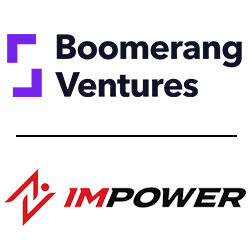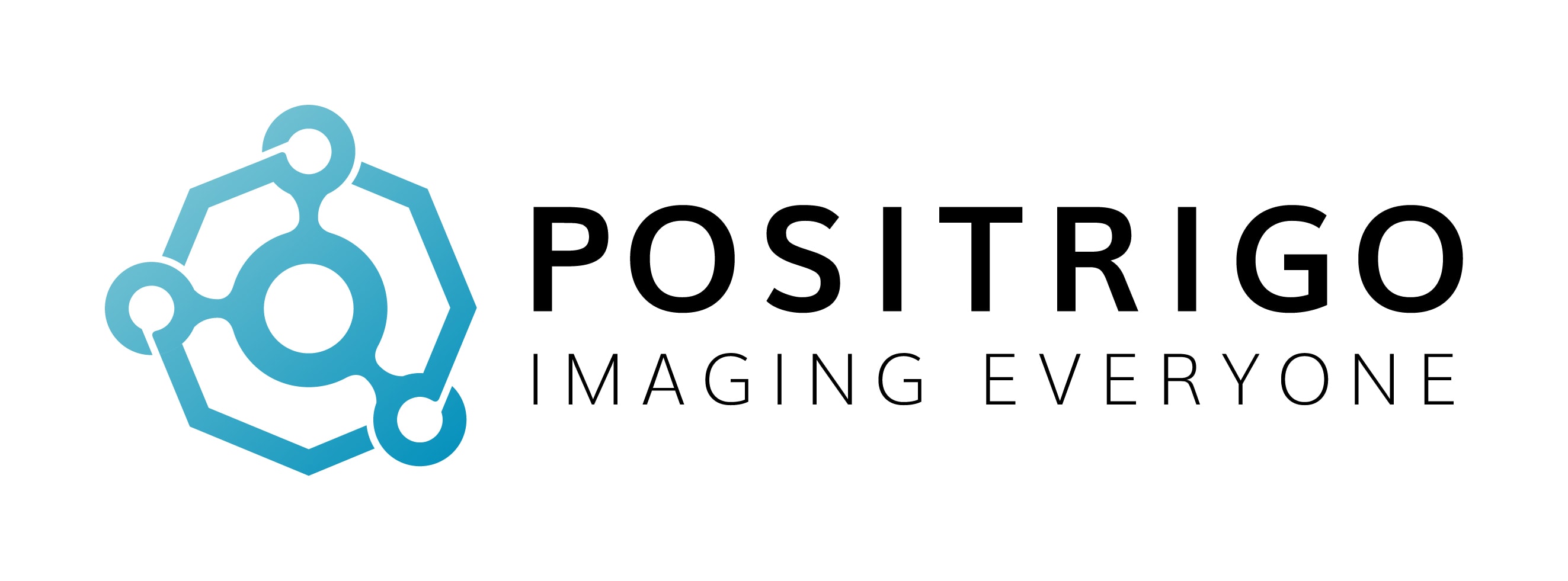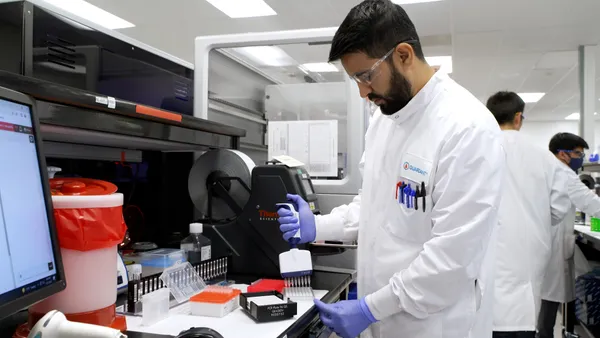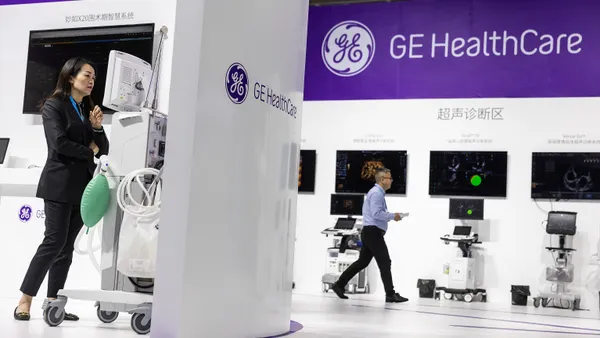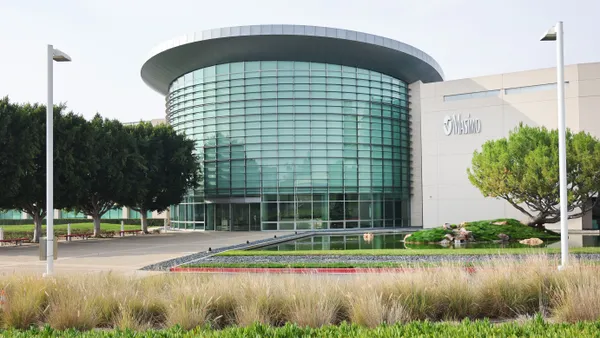Dive Brief:
- Roche has struck a deal to commercialize Freenome’s cancer screening technology outside the U.S., the companies said Tuesday.
- Freenome will receive a $75 million investment from Roche as part of a deal that could be worth more than $200 million.
- The deal positions Freenome, which currently uses Illumina machines, to evaluate Roche’s new sequencing device. Leerink Partners analysts see no near- to medium-term impact on Illumina.
Dive Insight:
Nearing pre-market approval of its colorectal cancer blood-based screening test, Freenome has struck deals to support the commercialization of the liquid biopsy in recent months. In August, Exact Sciences agreed to pay Freenome $75 million upfront, plus up to $700 million in milestones, for U.S. rights to current and future versions of the test.
Roche’s deal covers the commercialization of “kitted” tests in markets outside of the U.S. Kitted tests package the software and assay to enable decentralized test processing and analysis, eliminating the need for a large, centralized processing lab. Freenome has retained rights to centralized testing outside the U.S.
Switzerland-based Roche has committed to milestone payments and royalties on sales outside of the U.S. The $75 million equity investment increases Roche’s holding in Freenome. Roche led a $254 million Freenome financing round last year. Other Roche investments, such as its accumulation of stakes in Flatiron Health and Foundation Medicine, have resulted in acquisitions.
Freenome already uses Roche’s Elecsys technology for protein and other multiomic analysis. Under the new deal, Freenome will study the potential for Roche’s “sequencing by expansion” technology to enhance its cell-free DNA cancer screening tests. Freenome will also gain access to Roche plasma sample cohorts to support the development of personalized screening tests for multiple types of cancer.
Roche unveiled its sequencing technology in February and provided more information at its diagnostics day in May. At the diagnostics day, Josh Lauer, head of molecular labs at Roche, said “speed is something very unique about this platform and something no other short-read sequencer is able to match.”
Leerink analysts evaluated the threat the technology, which Roche has branded Axelios, poses to Illumina in light of the Freenome agreement. The analysts said the deal “highlights Roche's long-term strategy for Axelios — a clinical box for running NGS kits, similar to with their prior success in IVD kits.” Yet the analysts said it will take a few years of testing and refinement to ready Axelios for clinical sequencing.
“We don't expect other oncology Dx companies to jump to try Roche SBX in [the] U.S. or internationally given their new assays are already entrenched and some are FDA approved on [Illumina] sequencers,” the analysts said in a note to investors. “Switching costs and reliability needs are high and clinical Dx companies indicate they won't entertain the switch without a clear value proposition.”






